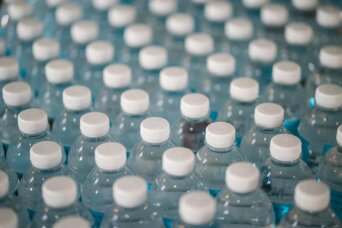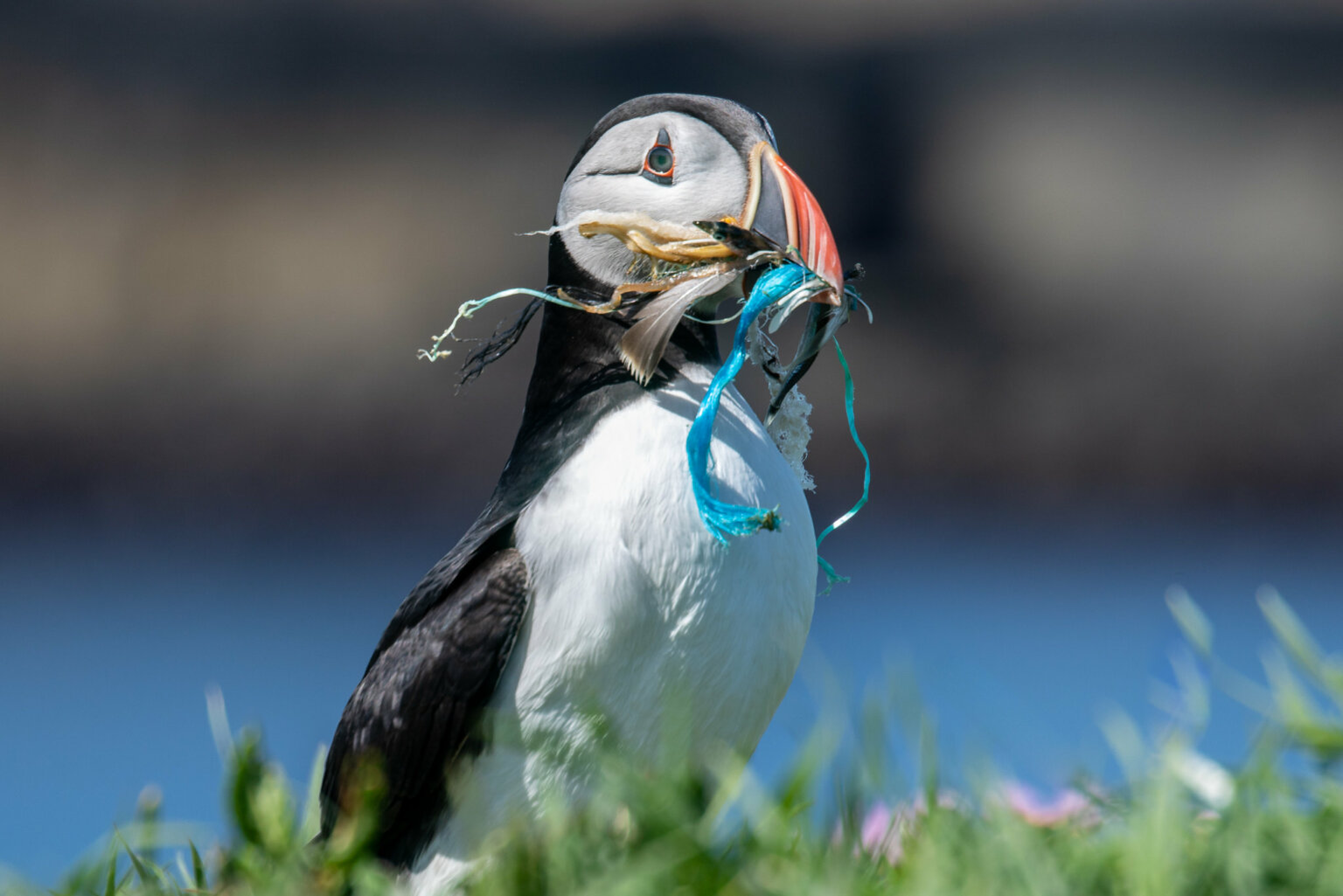- About
- Topics
- Picks
- Audio
- Story
- In-Depth
- Opinion
- News
- Donate
- Signup for our newsletterOur Editors' Best Picks.Send
Read, Debate: Engage.
| topic: | Pollution |
|---|---|
| located: | India |
| editor: | Bindu Gopal Rao |
Millions of milk packets enter landfills daily and permanently contaminate soil, drains, lakes and rivers. Unfortunately, some of these even make their way into cattle gut, causing severe and hazardous health issues.
Single-use plastic, like milk packets, are a big cause of plastic pollution. In fact, the Indian government banned single-use plastic starting in July, 2022. However, the reality is that there are no viable alternatives in place – at least not available and accessible on a large scale. However, milk packets have not come under the purview of this ban.
Nevertheless, there has been some good news as a few practical solutions have been proposed. For instance, something as simple as making a cut in the packet, without snipping off the corner, has helped, as small pieces of plastic are harder to be recycled. The Milk Bag Project started in 2019 by three Mumbai women, Hansu Pardiwala, Kunti Oza and Chitra Hiremath, has saved a whopping 750,000 packets from entering landfills. Likewise Bangalore-based, Akshayakalpa Organic, India's first certified organic dairy enterprise, has recycled about 1,93,208 discarded milk and milk product packages from its consumers. This is equivalent to 1,000 kilograms of plastic that would have otherwise gone to a landfill. The best part is that this was achieved in just about four months after the start of the campaign.
To further the green initiatives for plastic-waste management, India’s Union Environment Minister, Bhupender Yadav, recently also launched a mascot called 'Prakriti' (which means ‘nature’) to spread awareness of how adopting small lifestyle changes can be better for the environment. With the generation of per capita plastic waste having almost doubled over the last five years, a slew of initiatives has been launched.
The National Dashboard on Elimination of Single Use Plastic and Plastic Waste Management aims to bring all key stakeholders under a single umbrella to track the progress made for the elimination of single-use plastic and its effective management. The Extended Producer Responsibility (EPR) Portal for plastic packaging is for facilitating ease of reporting compliance and a mobile app for Single Use Plastics Grievance Redressal has also been launched.
India’s Environment Secretary Leena Nandan reiterated India's commitment to address plastic pollution, including marine plastic pollution, to reduce the adverse impacts on terrestrial and aquatic ecosystems and human well-being at the fifth session of the United Nations Environment Assembly in March 2022.
While the nation continues to manage the COVID-19 battle, that has added its own set of waste woes, these are steps in the right direction and an impact can be possible if everyone does their bit to reduce, reuse and recycle plastic.
Photo by Jonathan Chng

